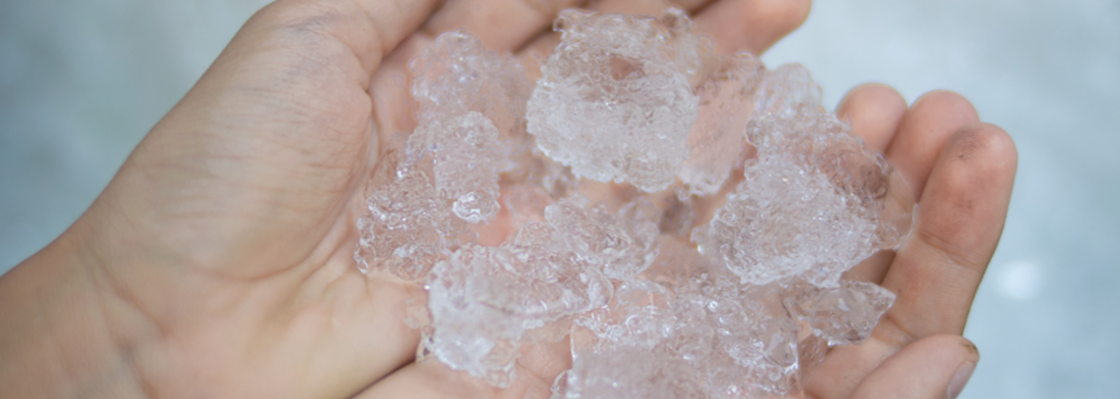What is a cold burn?

Today on the Dispotech blog we will discuss cold burns. Did you know you can get burned also by overexposure to ice? We have already spoken about it here in our articles, but in this blogpost we will give an in-depth explanation on how to recognise a cold burn, how to intervene and when medical advice should be sought.

Today on the Dispotech blog we will discuss cold burns. Did you know you can get burned also by overexposure to ice? We have already spoken about it here in our articles, but in this blogpost we will give an in-depth explanation on how to recognise a cold burn, how to intervene and when medical advice should be sought.
We will use an article read on medicalnewstoday.com. as support.
If you thought that the skin could only be burnt by high temperatures or contact with a flame, with this article you will discover that burns from cold also exist. We are talking about cold burns or frostbite, two possibilities that can damage skin tissue and cause pain - and more.
The difference between these two problems is the following:
- a cold burn is caused by direct contact with ice or an ice pack;
- frostbite occurs after prolonged periods of very low temperatures or in contact with cold. Frostbite causes deep and permanent injuries to both skin and bone.
Usually, the most common cause of cold burn or frostbite is prolonged exposure to very low temperatures, to very strong icy winds, long periods spent at high altitude or when there is direct contact between the skin and something frozen (ice sheets/cubes, ice packs).
Other relevant causes for science regard the condition of the homeless (people living on the streets), participation in winter sports without suitable equipment, smoking, taking drugs that reduce blood flow (e.g. beta-blockers), persons with diabetes, vascular diseases, Raynaud’s disease, etc.
How can you know that a cold burn is in progress? You might feel or find:
- pain;
- the colour of the affected part of the skin turns red, grey or dark nonetheless;
- blisters;
- tingling;
When a cold burn is in progress, our body undergoes several phases. First of all, the water in our cells begins to freeze; blood vessels constrict and blood clots may even form due to the blood flow that has slowed down in the part of the body affected by freezing.
To prevent cold burns, cover yourself well when temperatures are very low, paying particular attention to hands and feet (the body parts most subject to cold burns!). If, instead, you use ice cubes or an ice pack, remember never to put them in direct contact with the skin, but always wrap them in a soft, dry cloth.
If you do not take this precaution, you could cause yourself skin lesions. Scars from cold burns can be more or less serious. The seriousness of the burn depends on which layer of skin has been damaged by cold. Your scar may be superficial (if in the epidermis), but more serious if the cold reaches the dermis or the underlying tissues.
If you get a cold burn, here's what you should do.
- Move away from the source of cold and remove any wet clothing immediately.
- Do not touch the burn and if you notice any debris on it, remove it gently.
- Warm the burnt area with water compresses between 37 and 39 degrees and repeat every 20 minutes if necessary.
- Protect yourself with blankets and/or warm clothing.
Once the skin has warmed up, use sterile gauze to treat the burn and keep it clean. Remember to drink often to rebalance your hydration level; if you feel pain, you can use over-the-counter drugs to feel better. As per caring for the skin, use an ointment or cream specifically for burns: always ask your doctor for advice at this stage, or you could worsen the situation!
Unless they are serious, cold burns can be treated at home. However, should you notice the appearance of symptoms such as excessive pain, blisters with blood, lesions, numb skin, pus, fever, we recommend that you go to a doctor or emergency room immediately.
What do you think about this article? Have you ever had a burn caused by ice? Contact Dispotech












